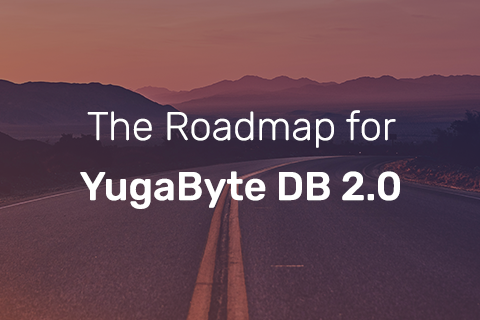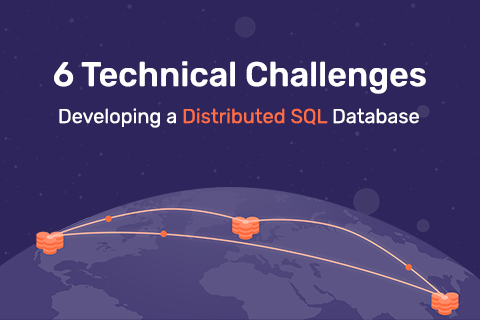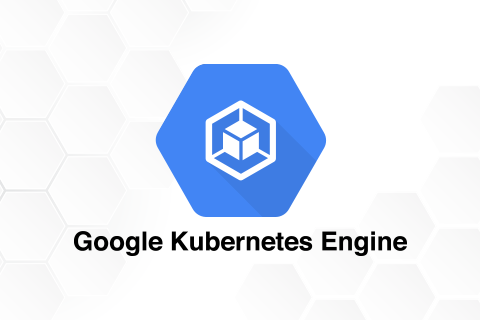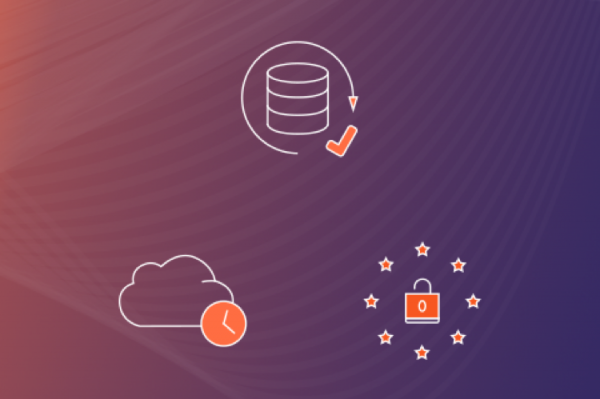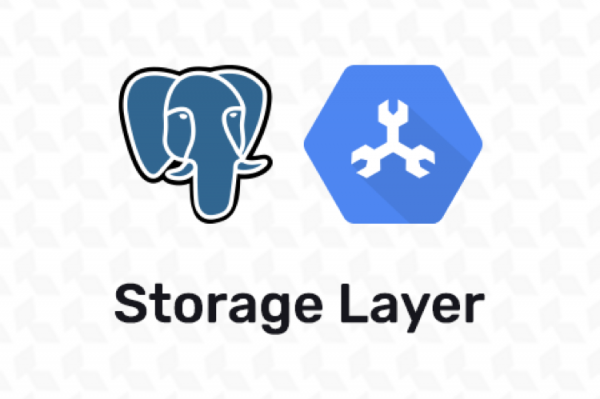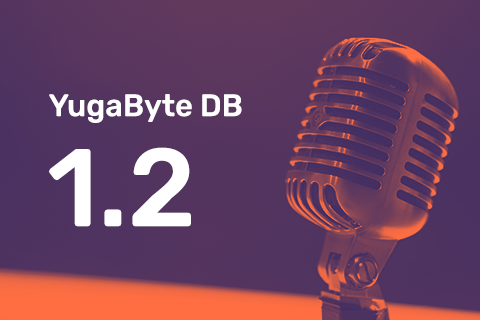YugabyteDB 2.0: A Distributed SQL Roadmap
The YugabyteDB community is eagerly looking forward to v2.0, the next major release expected in Summer 2019. Needless to say, we are very excited about the depth and breadth of features in this release. Here’s an overview of the various areas we expect the new release to cover.
Distributed SQL
YSQL is YugabyteDB’s PostgreSQL wire-compatible distributed SQL API. Thanks to our design decision to use the existing PostgreSQL query layer as a starting point,
…
